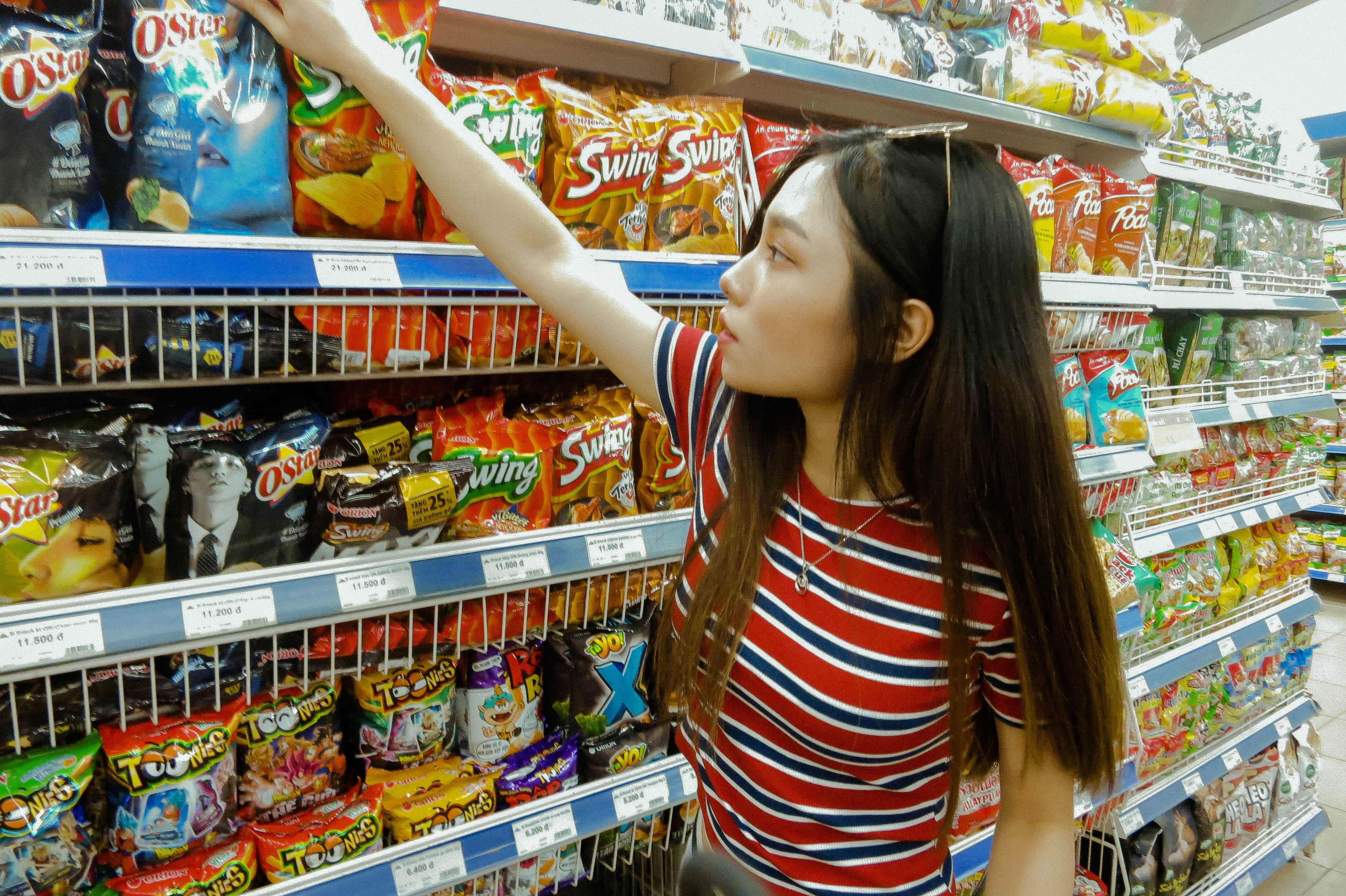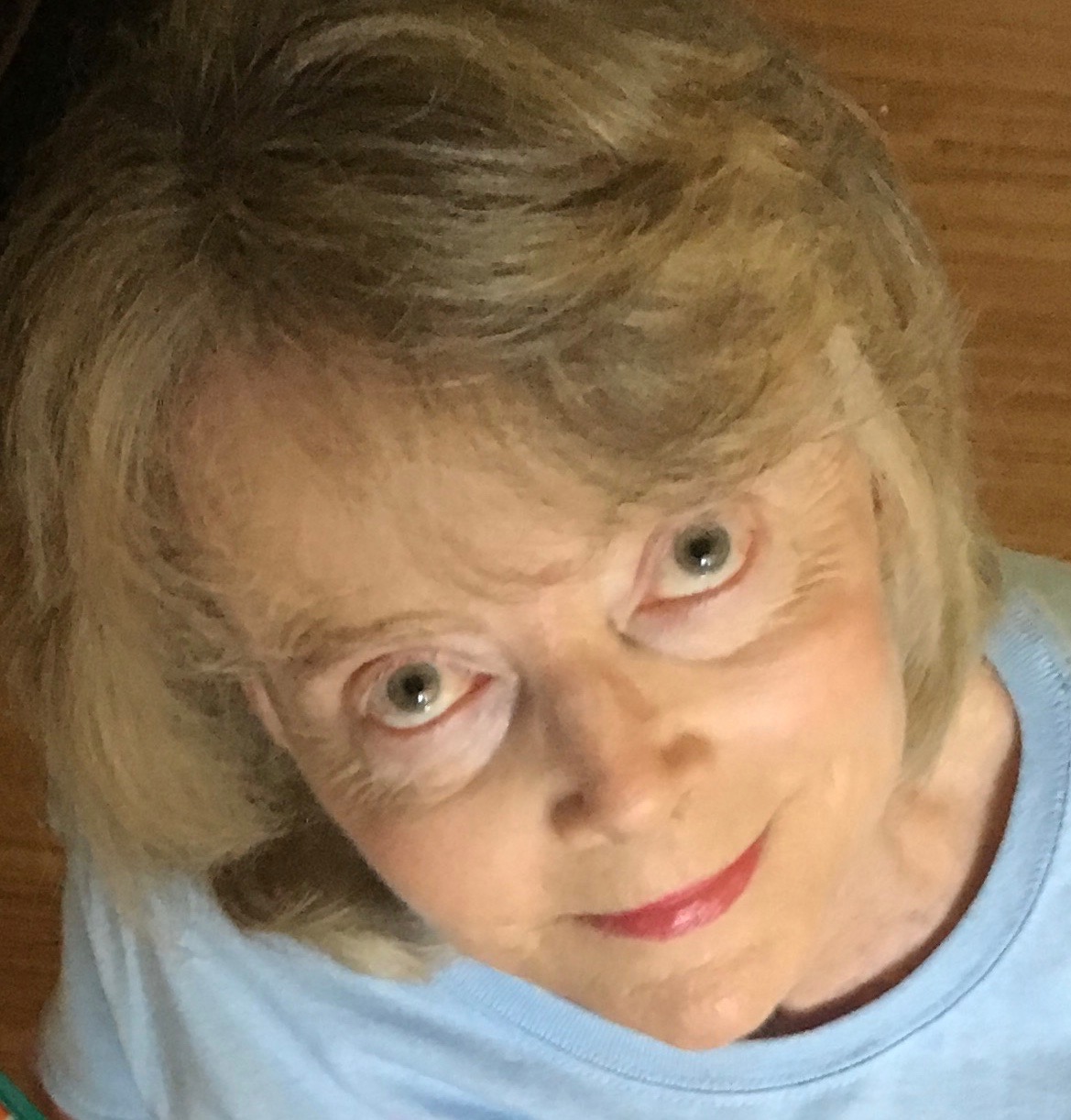
We know that Covid-19 can survive on various surfaces for different amounts of time. A new CDC study indicates that the virus survived in the Diamond Princess cruise ship cabins for up to 17 days after passengers left. So, how do we avoid transferring it from food containers to our hands and surroundings?
Since you may not have time to investigate the answer to this question, let me share some advice from experts and actions you can take immediately. Once again, this advice may change as we learn more, but here are some actions you can take now.
We shouldn’t be hoarding, but we should be planning. Buy some foods that have a long shelf life and are also nutritious.
Nonperishable items not needed right away can be stored in a room or area where children and pets won’t touch or play with them. If you won’t be using an item for a few weeks, then right now the research suggests you’re fine.
Given the changing information from research, though, it wouldn’t hurt to wash any items with soap and water and dump the contents into a bowl or onto a dish. Avoid placing the container on your counter or anywhere people might touch the surface and then possibly their faces. Discard or recycle it. Wash your hands thoroughly for twenty seconds, remembering the soap!
Let’s take a moment to look at what soap and water together actually do to the coronavirus. The combination literally annihilates it. Read this to know how and why. According to Palli Thordarson, a chemistry professor at the University of New South Wales, by using soap and water we pull the virus apart before flushing it down the drain. Essentially, we’re in a war and the enemy’s kryptonite is soap and water if used properly.
Thordarson explains: “You do need a bit of time for all the soap to interact back and forth with the virus particle.” Twenty seconds is recommended to do this — singing Happy Birthday twice.
If you are putting items from the grocery store into your refrigerator or freezer, washing them individually in soap and water could provide extra protection and peace of mind. After washing, you can pat items with a paper towel and put them in the refrigerator or freezer. Do not place items from the grocery store on your kitchen counter or work desk, as was just mentioned. Do not touch your face or hair at any point when dealing with grocery items. Repetition is intentional here because this is so important. When finished disinfecting the items with soap and water, wash your hands thoroughly.
A master gardener friend of mine is planting lettuce and vegetables so she can look forward to having these. She’s chosen not to purchase loose, unpackaged vegetables for the time being.
Could all of this be overkill? No one really knows. With Covid-19, it’s better to be safe than sorry.
According to a food safety expert interviewed by the New York Times, it’s good to even wipe down cardboard boxes, cracker containers and other items. If you’ve left them in that special area or room for many days, from what we know now of COVID-19 that provides some protection. But the washing process leans on the side of safety.
If you or someone living with you is at high risk, it’s best to avoid grocery stores altogether. Many grocery stores deliver. Don’t greet the delivery person at the door. Ask them to leave the groceries at your door. Make sure, if at all possible, that you’ve already paid online or by phone and that they know you won’t be signing anything at the point of delivery.
If you must go to a grocery store or shop, do so at times when few people are there and physical distancing is being observed. Here is something you could do as an extra precaution before you shop: Put on clothes that are ready for the laundry and when you return from the grocery store drop them in the laundry basket or hamper and take a shower.
Remember that even if you use gloves at the grocery store or when handling groceries that have been delivered, gloves carry infection like hands so they need to be carefully discarded or, if not discardable, washed while on your hands the same way you’ve washed your hands. In all cases, wash your hands after removing gloves.
Don’t touch your face at any time during and after shopping. We shouldn’t be touching our faces as a matter of practice anyway.
These are practical recommendations based on what we know so far. A lot of it is common sense. We should do as much as we can to protect ourselves and those who live with and around us. By doing so, we also avoid needing scarce ventilators and protect medical workers who are working day and night to save lives.
Be safe and well, Kathleen

